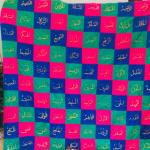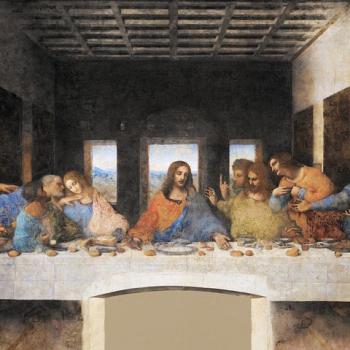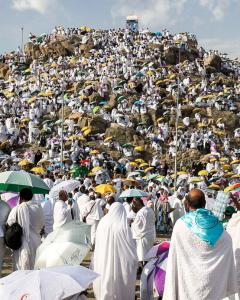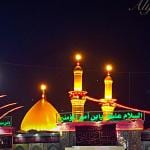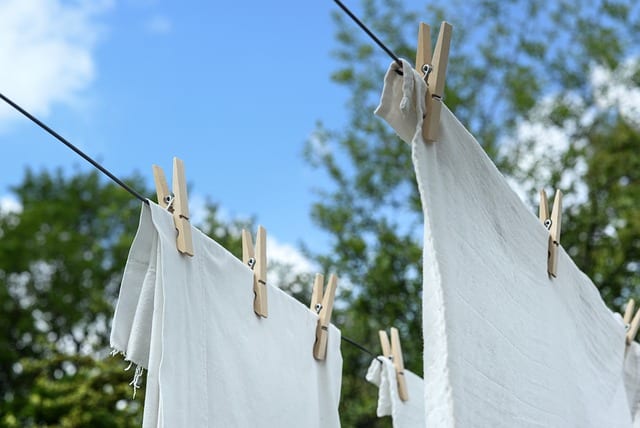
Early in my time on the Sufi path, I went to visit some friends I had known through a meditation group. One took me aside at the end of our evening and said, “There is one story by Rumi that has touched me more than any other. Do you know ‘Muhammad and the Big Eater’?”
The story, which takes place in the fifth book of the Masnavi, goes like this: Once a group of people came to see the Prophet Muhammad (peace and blessings be always upon him). They weren’t believers, but they knew of his kindness and generosity, and simply hoped he would offer them a free meal. And they weren’t disappointed. The Companions of the Prophet each took a member of the group and went back to their homes for dinner. But one man remained; a man no one wanted to host. He sat in front of the mosque “like thick dregs in a cup.”
Muhammad spoke to him kindly and took him back to his own home, where he was seated before a generous meal. The man proceeded to devour all the dishes on the table and more: “enough food for 18 people”. No one rebuked him. But some members of the Prophet’s household were upset at the man’s behavior. When he went to bed, the maid locked the door to his room from the outside.
The man awoke in the middle of the night with a desperate need to relieve himself. Finding the door locked, he tried to go back to sleep and wait till morning. But the body’s needs took over, and when he woke up he found himself covered in his own excrement. He couldn’t imagine facing the person who would open the door and find him in that state.
And yet, when the door was unlocked at dawn, there didn’t seem to be anyone there. The man rushed out, unaware of Muhammad’s invisible presence behind the door. He intended to run away without saying anything to anyone.
Meanwhile, the members of the Prophet’s household became angrier when they saw what had happened in the room overnight. One servant even brought the soiled linens as evidence of the guest’s outrageous behavior. But Muhammad only smiled and asked for a bucket of water for washing. This made everyone more upset. They tried to stop him but he insisted, heeding inner guidance to clean the dirty bedclothes himself.
At that moment, the man returned. He was only coming back to retrieve an amulet which he had left behind in his haste to escape. But he was stopped short by seeing the Prophet washing his dirty sheets. He tore his shirt, fell to his knees and began to weep. But not only out of shame. At that moment, the light of awareness dawned in his heart, and he finally saw the Prophet for who he really is.
“What touched you so much about the story?” I asked the person from my meditation group. (Of all the things people quote from Rumi, this is decidedly among the less common.)
“I like that it is such a human story,” he said. “This man can’t help himself, literally and figuratively. But there’s no judgment of him for being weak. There’s only love.”
It is certainly a beautiful illustration of how the Prophet was a mercy to all the worlds—and to all beings. For me, there are two other elements that stand out as well.
The first is how, as Mevlana says elsewhere, even straying from the way can be the cause of ultimately being guided back to the straight path. How so? In Sufism we talk about sin as what causes separation from God. It’s not about being right or wrong on the terms of conventional morality so much as about being honest with ourselves. Recognizing the effects of our actions on our inner life and on our relationships with others can bring about those moments of tawba, repentance in the sense of turning around.
And that’s where the second, subtler element of transformation comes in. Why does the big eater eat so much? I think it’s a combination of fear and shame. On one hand, he probably believes there isn’t enough to go around and so he has to grab as much as he can for himself while it’s there. At the same time, he likely also feels undeserving and unworthy of anything good. Putting the two together: it seems the big eater eats so much because he’s starved for love.
When he breaks down in front of the Prophet, “Muhammad bends over him and holds him and caresses him and opens his inner knowing.” The Prophet is like a tender mother whose compassion for her child is boundless.
And yet, the love he offers is not sentimental or indulgent. It is, rather, a love that comes with knowledge, opening the man’s awareness of how he has been cutting himself off from the Source of all abundance. The man’s true hunger is also our hunger, our deep need for God. At the end of the story of the big eater, Mevlana advises:
“Let body needs dwindle and soul decisions increase. Diminish your physical self.
Your spiritual eye will begin to open.
When the body empties and stays empty, God fills it with musk and mother-of-pearl. That way a man gives his dung and gets purity.”


